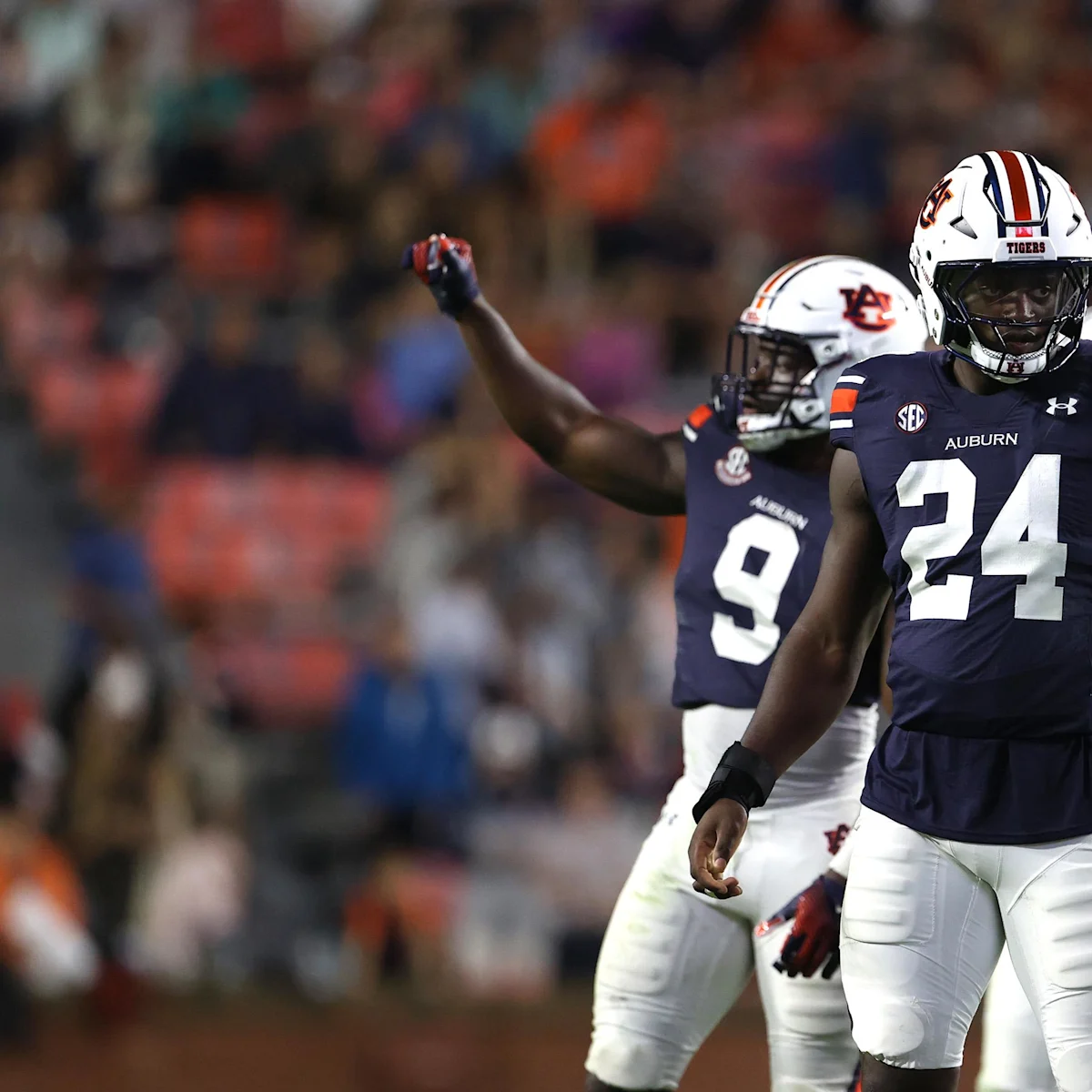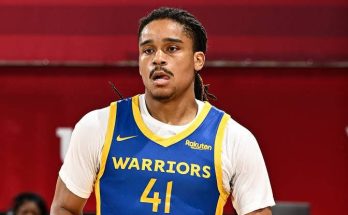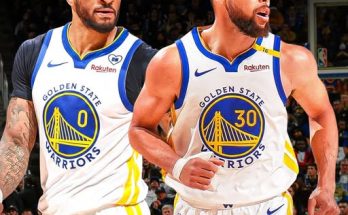The Detroit Lions have been on a quest to solidify their defense for years, and one of the most pressing needs has been finding a consistent, dominant pass rusher. The team has cycled through veterans, draft picks, and free agents in search of someone who can consistently pressure the quarterback and disrupt opposing offenses. Enter Keyron Crawford, a relatively unheralded but intriguing player who has shown flashes of potential. The question now is whether Crawford can step up and become the Lions’ de facto pass rusher in the upcoming season.
Crawford’s journey to this point hasn’t been conventional. Undrafted out of college, he had to grind through offseason workouts, training camp invites, and practice squad stints before earning meaningful snaps. Yet, when given opportunities, he has demonstrated a relentless motor, quickness off the edge, and an ability to create pressure—traits that are invaluable for any defense. His rise has been gradual, but the Lions’ lack of an established elite pass rusher means the door is wide open for someone like Crawford to seize the role.
One of the biggest factors working in Crawford’s favor is the Lions’ current defensive scheme under coordinator Aaron Glenn. Glenn’s system emphasizes versatility, with defensive linemen and linebackers frequently rotating to keep fresh legs on the field and exploit mismatches. Crawford fits this mold perfectly—he’s not a prototypical every-down defensive end, but his burst and agility make him an ideal situational pass rusher. If the Lions can deploy him strategically, particularly on obvious passing downs, he could thrive as a specialist while gradually expanding his role.
Another key consideration is the competition—or lack thereof—for the title of Detroit’s top pass rusher. The Lions didn’t make a splashy addition in free agency or use a high draft pick on an edge rusher, which suggests they believe in their current group. Aidan Hutchinson is the team’s most polished defensive end, but he can’t do it alone. Opposite him, the Lions have rotational pieces like John Cominsky, Josh Paschal, and Romeo Okwara, but none have proven to be consistent game-changers. This creates a prime opportunity for Crawford to carve out a significant role if he can outperform his peers in training camp and preseason action.
What makes Crawford an intriguing candidate is his skill set. He’s not the biggest or strongest defensive end, but his first-step quickness and ability to bend around tackles stand out. In limited snaps last season, he showed a knack for disrupting plays even when he didn’t get home for the sack. Pressures, hurries, and quarterback hits are all valuable, and if Crawford can turn some of those near-misses into sacks, his stock will rise quickly. Additionally, his motor never stops—a trait coaches love—and he has shown the ability to chase down plays from the backside, something that can’t be taught.
Of course, there are legitimate concerns about whether Crawford can handle a larger workload. Can he hold up against the run? Will offensive tackles adjust to his speed once they have more film on him? Can he develop a counter move when his initial rush is stalled? These are the questions he’ll need to answer to prove he’s more than just a situational player. The good news is that the Lions’ coaching staff has shown a willingness to develop talent, and if Crawford puts in the work, he could see his role expand significantly.
Another factor to consider is the Lions’ overall defensive improvement. If the secondary takes a step forward—which is expected with the emergence of young players like Brian Branch and the addition of Carlton Davis—quarterbacks may be forced to hold the ball longer, giving Crawford and the rest of the pass rush more time to get home. Football is a complementary game, and if the coverage holds up, even a modest pass rush can look much more effective. Crawford doesn’t need to be a one-man wrecking crew; he just needs to capitalize when opportunities arise.
The Lions’ faith in Crawford may also be reflected in their offseason moves—or lack thereof. Instead of chasing a high-priced free agent or trading for a proven pass rusher, the team has opted to develop from within. This suggests they see potential in players like Crawford and believe their coaching staff can unlock it. Head coach Dan Campbell has repeatedly emphasized toughness, effort, and competition, all traits that Crawford embodies. If he continues to impress in practice and preseason games, the coaching staff won’t hesitate to give him more snaps when the games matter.
One underrated aspect of Crawford’s potential rise is his mentality. Undrafted players often have a chip on their shoulder, and Crawford is no exception. He’s fought for every snap he’s gotten, and that hunger could drive him to outwork more established players. The Lions’ culture under Campbell rewards that kind of mindset, and if Crawford embraces the grind, he could become a fan favorite and a key piece of the defense.
Ultimately, whether Keyron Crawford becomes the Lions’ de facto pass rusher will come down to performance. The opportunity is there—the Lions need someone to step up, and Crawford has the tools to do it. If he can refine his technique, add a few moves to his arsenal, and prove he can handle a larger role, there’s no reason he can’t emerge as a legitimate threat off the edge. He may never be a household name, but in a league where pass rushers are at a premium, even a reliable rotational player who can generate pressure is incredibly valuable.
The Lions’ defense doesn’t need Crawford to be the next Reggie White—it just needs him to be a consistent disruptor who can complement Hutchinson and the rest of the front seven. If he can do that, he’ll not only solidify his place on the team but also help elevate the entire defense. The stage is set; now it’s up to Crawford to prove he belongs.



